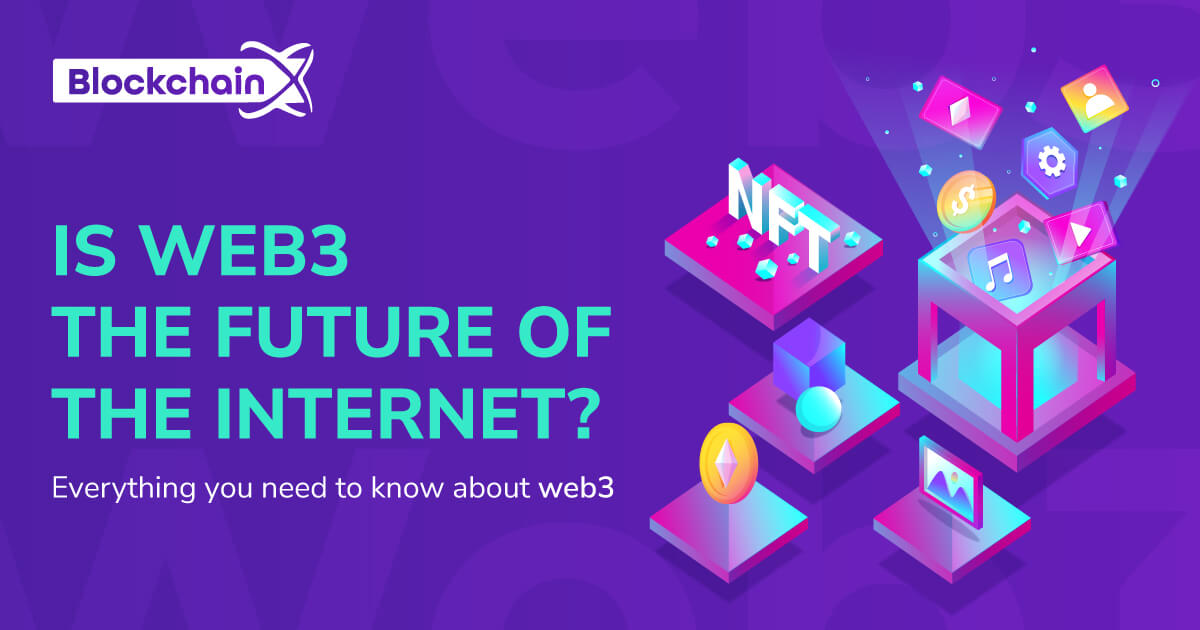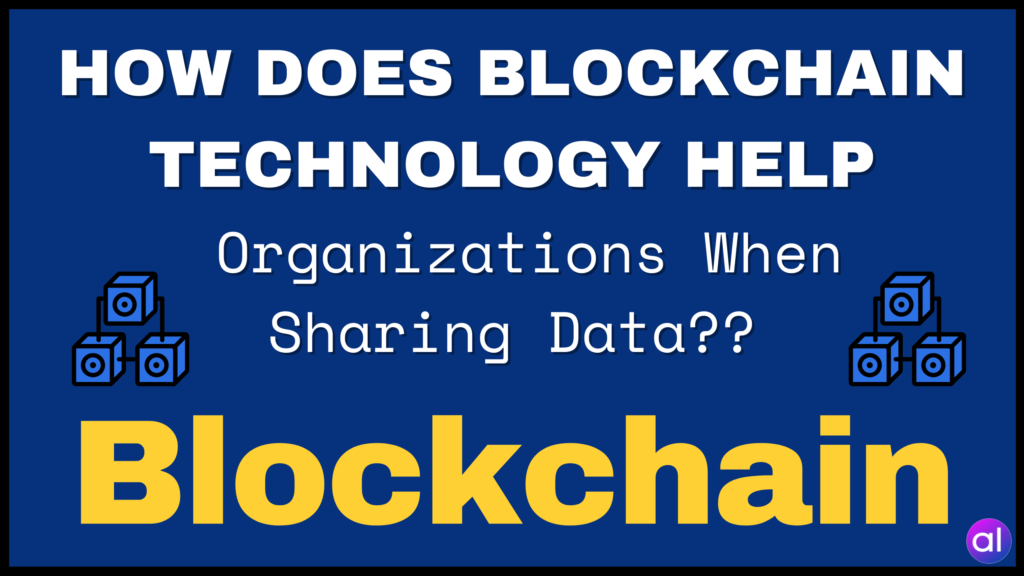
The evolution of the internet has always fascinated the public. Virtual worlds becoming a reality was unimaginable just a few years ago. The tech world is abuzz with the emergence of web3, also known as web 3.0. How will web3 shape the future of the internet? Is it a crucial part of the internet’s evolution? These questions highlight the potential of web3 and its practical applications. This discussion will delve into the significance of the future of web3.
What is Web3?
Before exploring the future of web3, it’s essential to grasp the concept itself. Currently, users do not own their data on platforms like TikTok, Facebook, or Instagram. The existing internet is centralized, controlled by major corporations.
In contrast, web3 offers a solution to these issues. Web 3.0 empowers users to control and own their digital assets and online content. This shift from centralized control to user ownership highlights the potential of web3 over the current web2 landscape.
The Importance of Web 3.0
Understanding the significance of web3 lies in recognizing the limitations of web2. For instance, millions of gamers believe they own in-game assets when, in reality, they don’t. Web3 enables content creation, control, ownership, and monetization through blockchain technology and cryptocurrencies.
Blockchain technology plays a pivotal role in shaping web3, facilitating peer-to-peer interactions and decentralization. Users gain complete ownership of their data and engage in secure, permissionless transactions. The transition to web3 promises a paradigm shift in data sharing, ownership, and digital identity control.
Transformations Induced by Web3
Web3 solutions are reshaping storage, browsers, social networks, finance, and operating systems. The transition towards web3 principles aims to establish an internet of assets. Key examples include the adoption of IPFS for storage, decentralized browsers like Brave, crypto wallets like Metamask for finance, and blockchain-based operating systems like EOS and Ethereum.
Additionally, the rise of decentralized social networks like Steemit and DAOs as alternatives to traditional organizations underscores the transformative potential of web3. The shift towards decentralization and blockchain networks signifies web3 as the future of the internet.
Stepping Into the Future with Metaverse
Web3’s future converges with the metaverse, offering a three-dimensional internet experience. The metaverse, a virtual world accessible via VR and AR, integrates social media, gaming, virtual reality, and augmented reality. This immersive virtual space presents new opportunities for learning, socializing, working, and entertainment.
The metaverse symbolizes the fusion of virtual and physical worlds, providing users with interactive and visually engaging experiences. As web3 unfolds, the metaverse holds the potential to redefine online interactions and user experiences.
Will Metaverse Be the Future of Web 3.0?
The metaverse complements web3’s standards, offering a decentralized virtual space. However, concerns over data custody and digital identity persist in centralized metaverse platforms. Embracing decentralization and user ownership is crucial for the metaverse’s growth in alignment with web3.
The integration of the creator economy in the metaverse and the emphasis on decentralization and user control signify a promising future for web3. Interoperability, secure data storage, and open-source verification are pivotal for web3’s evolution.
Other Use Cases of Web 3.0
Beyond the metaverse, web3 presents diverse use cases like web3 social media, play-to-earn gaming, and decentralized storytelling. Blockchain advancements such as DAOs and zero-knowledge proofs drive innovation in web3, enhancing digital asset ownership and user experiences.
To finish things off
Web3, the next generation of the internet, promises decentralization, intelligent systems, and digital asset ownership. The evolution of technologies like the metaverse and blockchain in web3 heralds a new era of user-centric internet. While challenges like data security persist, web3’s impending arrival signifies a monumental shift in the digital landscape.



